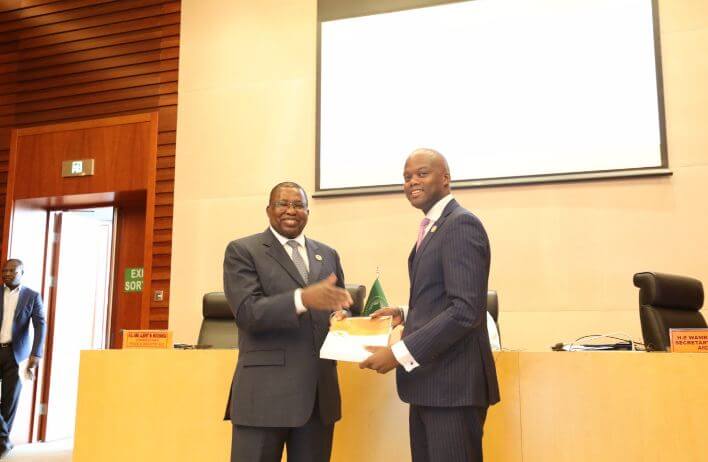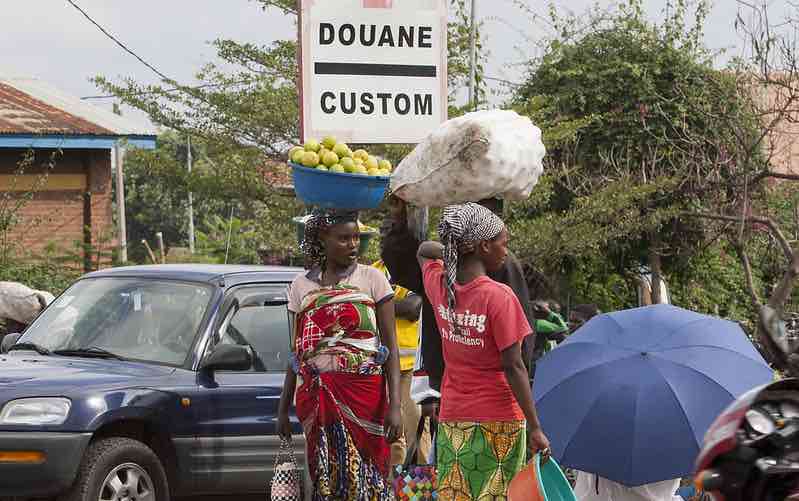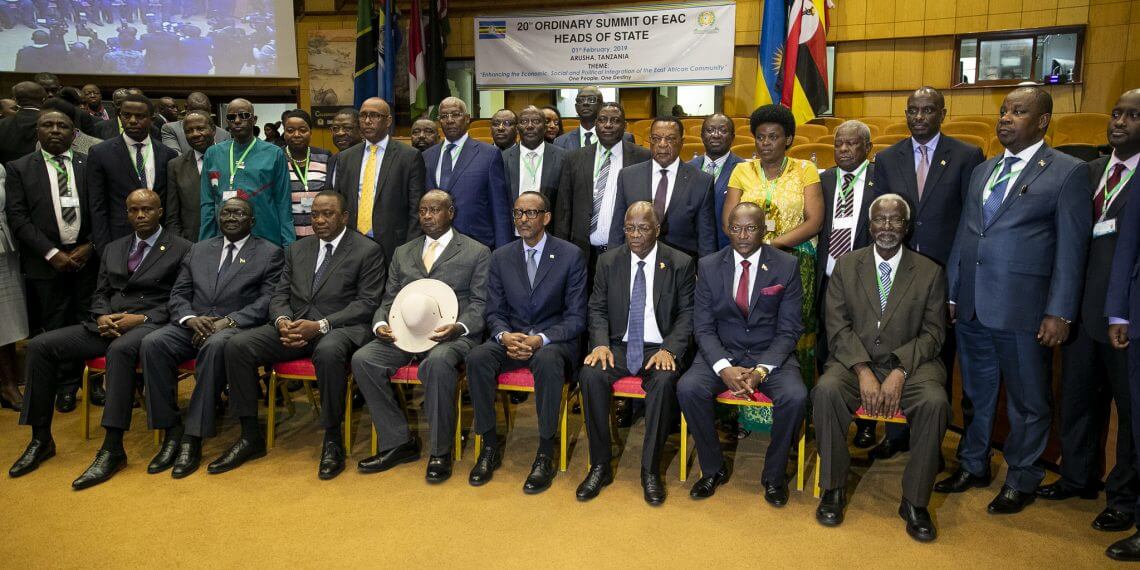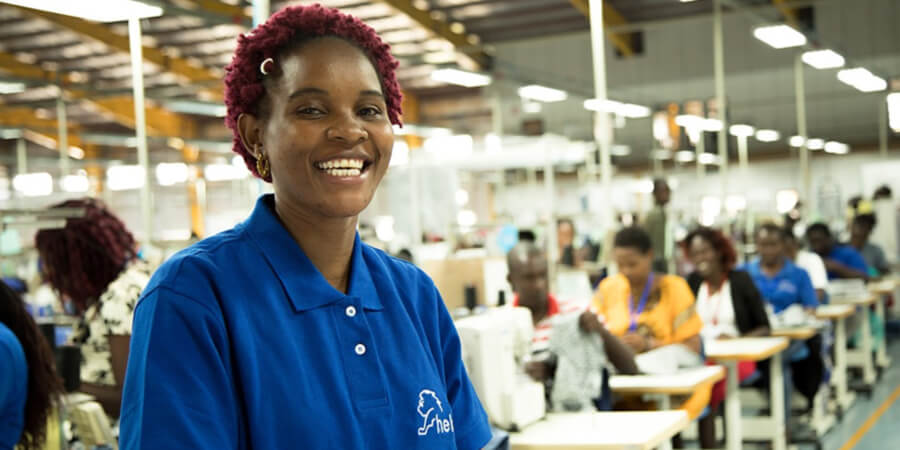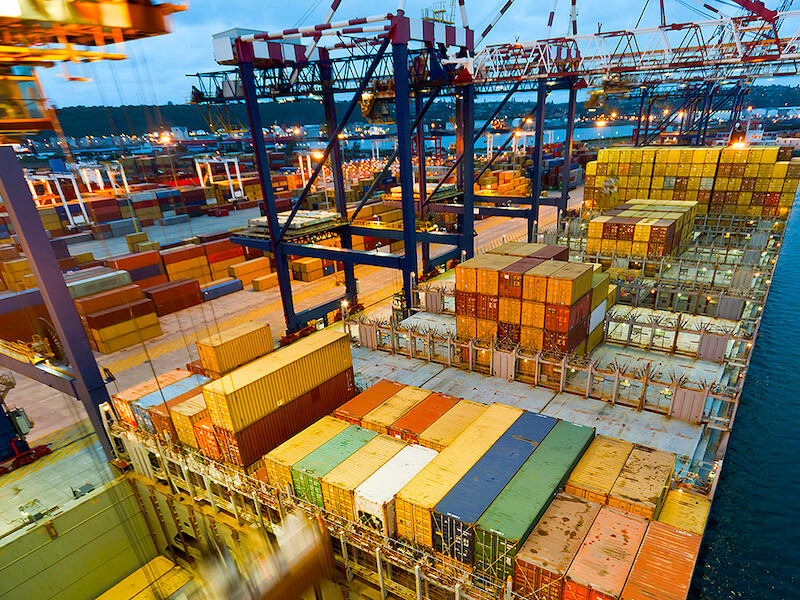NAIROBI, Kenya, Aug 15 – The Africa Union is betting on top digital solutions among them PanaBios – a bio-surveillance and bio-screening suite -, to ensure continuity of business in the region, in the advent of the coronavirus pandemic. The technology maps COVID-19 hotspots throughout the continent and builds risk models that create a base for standardized protocols to prevent transmission of the disease. Using similar risk models tied to testing across the continent, PanaBIOS makes it possible to verify the health status of international travelers across borders, at a time when air travel has resumed. The technology will see travelers use test results from one country to satisfy port clearance requirements in another country through their personal PanaBios app, which is already available on the PanaBIOS website. The technology will thus simultaneously help ease port congestion (by obviating the need for testing on arrival) and prevent importation of new Covid-19 cases at ports of entry. Furthermore, it provides the means to track vaccine administration and also adverse reactions, in a bid for transparency and confidence rebuilding in the wake of growing paranoia about vaccines. This will however only be important when vaccines for Covid-19 are widely available. Of more immediate use is the potential of the platform’s machine learning algorithms to serve as rapid screening measures to help with school reopening, workplace safety and cross-border travel through the meshing of testing-related data and geolocation intelligence. The move comes as African countries are getting ready to reopen their borders and...
AU Looking To Digital Technology To Save Africa Free Trade Area
Posted on: August 17, 2020
Posted on: August 17, 2020


